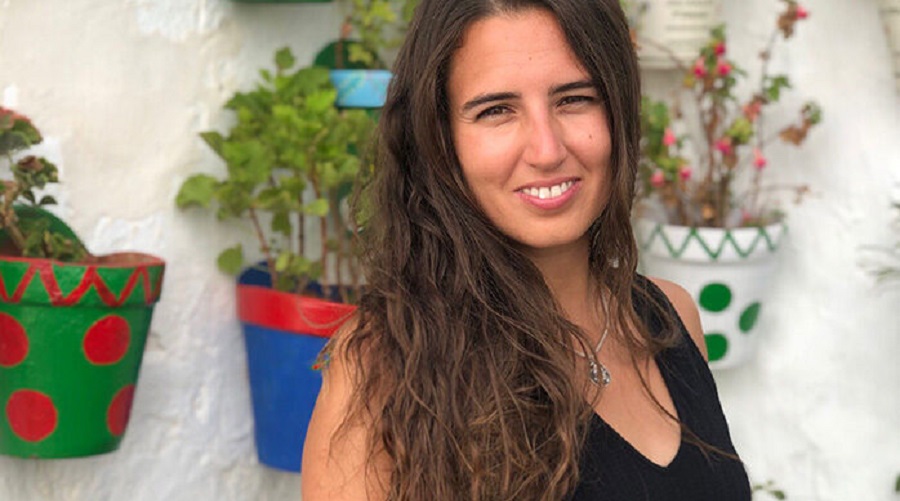The Sea Around Us PhD candidate Veronica Relano is among the 10 members of the University of British Columbia’s delegation travelling to Egypt to attend the 27th United Nations Climate Change Conference of the Parties (COP27).
The Conference, which takes place from November 6 to 18, 2022, in Sharm El Sheikh seeks to accelerate global climate action through emissions reduction, scaled-up adaptation efforts and enhanced flows of appropriate finance.
By participating in the COP27 as official observers, the UBC delegates will work towards deepening their understanding of how global climate negotiations work, with positive impacts on their research, programs, studies and activism. The delegates also plan to demonstrate UBC’s exemplary work on the climate emergency with this global gathering and share their experiences with the wider UBC community.
In addition to Relano, other delegates include Simon Donner, professor at the Geography Department and the Institute for Resources and Environment and Sustainability, and, from the same institute, PhD student Rudri Bhatt; Bernard Perley, director of the Institute for Critical Indigenous Studies; Abul Bashar Rahman, bachelor of International Economics at the Faculty of Arts; Colin Wilson, director of research and industrial partnerships at the School of Engineering; Farah Shroff, adjunct professor of family practice at the School of Population and Public Health; Gideon Berry, MEng student of Electrical and Computer Engineering; Shannon Waters, clinical assistant professor at the School of Population and Public Health; and Vanessa Andreotti, professor of educational studies at the Faculty of Education and interim director of the Peter Wall Institute for Advanced Studies.
Wall Catalyst Student Fellow
In addition to being among the successful applicants to attend COP27, Veronica Relano has also been selected for the Wall Catalyst Student Fellow Award, which is granted by UBC’s Peter Wall Institute for Advanced Studies.
The Wall Catalyst Student 2022 cohort is expected to engage in the online, interdisciplinary Facing Human Wrongs course and subsequently work together on a number of public-facing projects.
The course content touches upon systemic, historical and ongoing violence, unsustainability, our complicities in social and ecological harm, and our tendency to apply simplistic solutions to address complex problems, such as biodiversity loss, food insecurity, economic and political crises, and the potential for social and environmental collapse.
During this course, Relano plans to share her expertise in marine conservation, connectivity and the socio-ecological issues resulting from the mismanagement of marine resources. She also plans to contribute her experience in assessing effective ways to communicate conservation actions to a broader audience to achieve change on the ground.


